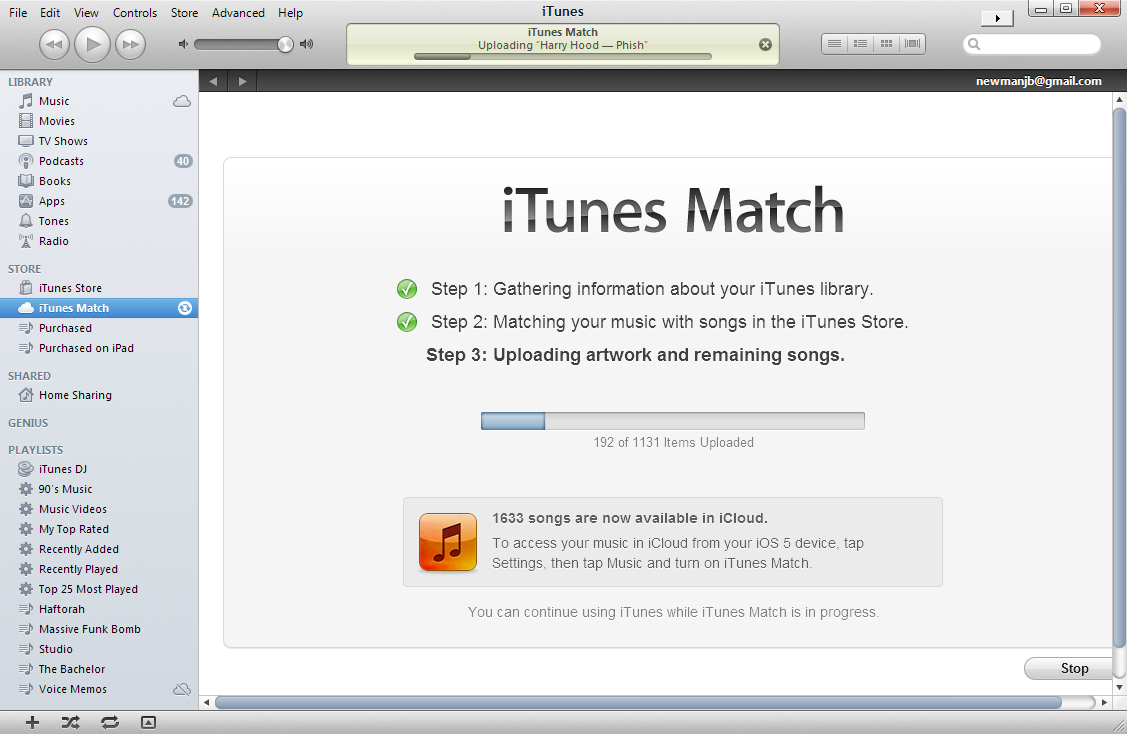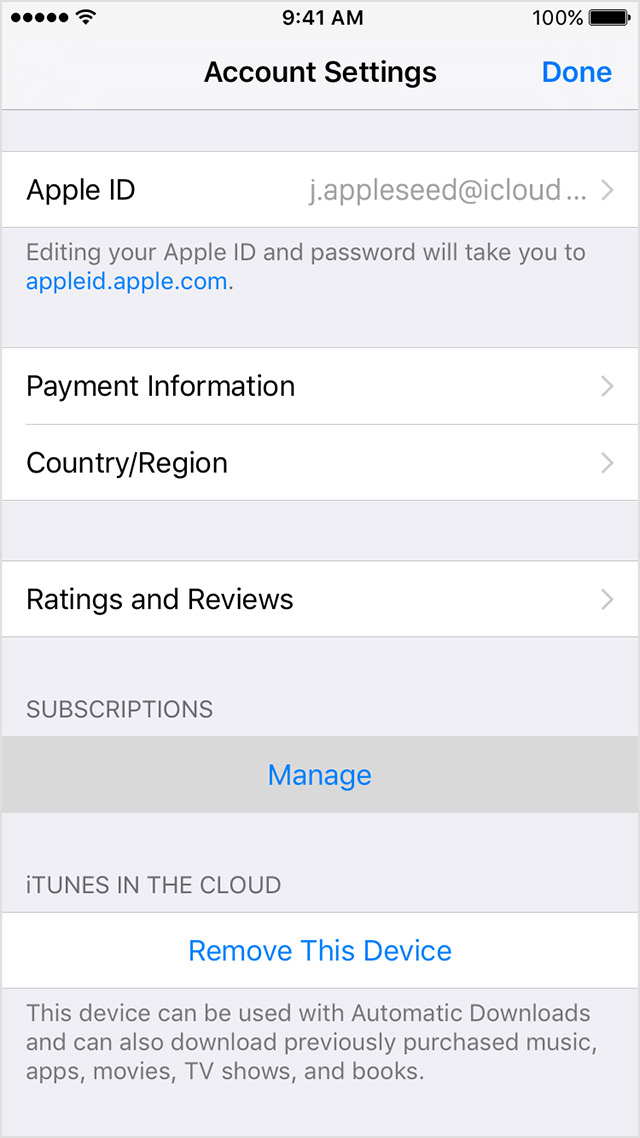
- #ITUNES MATCH APPLE SUPPORT HOW TO#
- #ITUNES MATCH APPLE SUPPORT PASSWORD#
- #ITUNES MATCH APPLE SUPPORT OFFLINE#
- #ITUNES MATCH APPLE SUPPORT DOWNLOAD#
- #ITUNES MATCH APPLE SUPPORT MAC#
What you can and can't do with iCloud Music Library We suggest checking out our Apple Music troubleshooting guide. If you don't have a backup, there are other things you can try, from chatting with Apple Support to resetting your iCloud Music Library.
#ITUNES MATCH APPLE SUPPORT MAC#
Do you have a backup? If so, turn off the iCloud Music Library on your Mac and restore your library from that file. More info here: I turned on iCloud Music Library, and it ate my library/destroyed everything - aghhhh! Help?!ĭeep breaths. You can even use iCloud Music Library with some devices and not others. Can I still use Apple Music without iCloud Music Library?
#ITUNES MATCH APPLE SUPPORT OFFLINE#
If you don't have a backup of your Mac's library, have lots of tracks with crazy metadata that you're worried iCloud will mess up or don't want to save songs offline from Apple Music, you probably should leave iCloud Music Library turned off. Why shouldn't I use iCloud Music Library?
#ITUNES MATCH APPLE SUPPORT DOWNLOAD#
If you've already enabled it and you don't have all your music locally on one computer, don't panic: Make sure your music shows up as Matched or Uploaded and not Apple Music, then download all the tracks you're missing to your main Mac.

So please, heed our warning: Make sure you have a complete, local copy of all of your music on your primary computer (or external hard drive) before turning on iCloud Music Library. iCloud Music Library may give you copies of your songs in the cloud, but it is in no way a backup service. Do I need a backup before enabling iCloud Music Library? If you're an Apple Music subscriber, it also allows you to add songs and playlists from the subscription catalog to your library you can then save those tracks for offline play. What does iCloud Music Library get me?Ī bunch of things! Access to your Mac's library on any of your other devices (up to 10), for one.
#ITUNES MATCH APPLE SUPPORT HOW TO#
Note: Currently, you'll need an iTunes library with 100,000 songs or less in it for iCloud Music Library to work correctly if you have too many songs, here's how to create a secondary iTunes library. If you have a song in your library encoded in ALAC, WAV, or AIFF, those may be transcoded into an AAC 256 Kbps file when uploaded to iCloud the original file in your iTunes library won't change.Īfter your songs are uploaded, they get stored or matched to your iCloud Music Library any device you own (up to 10) can stream or download songs back from it.
#ITUNES MATCH APPLE SUPPORT PASSWORD#
It's not perfect, and you may run into issues with live or rare tracks matching to studio versions - for most users, however, you should be able to use the service without any problems.Īny songs that don't match to the iTunes catalog will be uploaded to iCloud in their original form, save for tracks that are too low-quality (under 92kbps), too long (over two hours), too big (over 200MB), or you aren't authorized to play (say, a song from another user's iTunes account that you don't have the username and password to unlock). Apple uses metadata matching and audio fingerprinting to match your songs to iTunes Store versions. To save space and upload time, any track in your library that's also available in the iTunes Music Store catalog will "match" to the catalog version this means that when you play that track on your iPhone or another Mac, you'll get the iTunes Music Store version (a DRM-free, 256kbps-quality AAC file, for those wondering), rather than your original file.

When you subscribe to Apple Music or the standalone iTunes Match service, Apple scans your iTunes music library to check and see which tracks you own are also listed in the iTunes Store.

What's the deal with matching, storing, and the like?


 0 kommentar(er)
0 kommentar(er)
